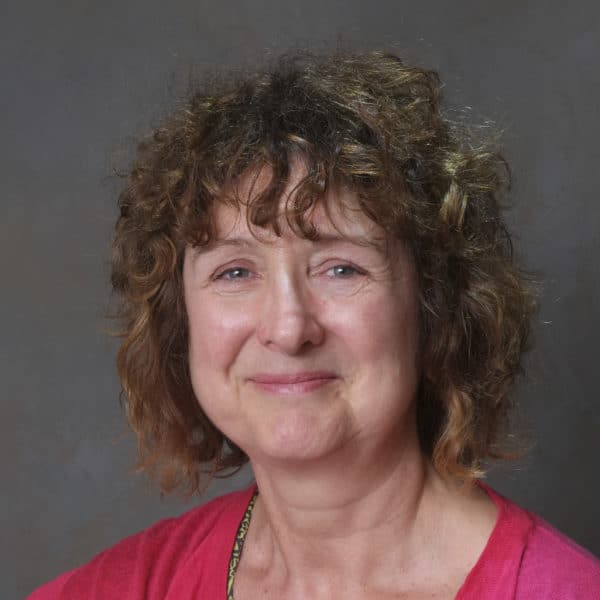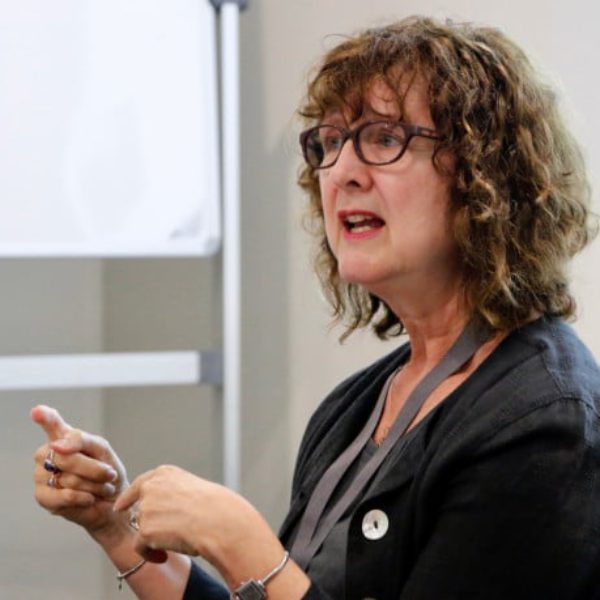Complexity theory (Boulton et al, 2015) provides an important and potent challenge to the continuing dominance of worldviews informed by classical science. It can be viewed as a postmodern science (Cilliers, 1998). This poses a challenge to what we see as science, and what being ‘scientific’ means in the social and natural world. If the challenge of science is to address ‘how things are’, and ‘how things change’, then the positivist ontologies of classical science cannot capture the rich, organic, context-sensitive, emergent and systemic nature of the interdependent societies and ecologies of which we are a part. Furthermore, complexity theory allows for the possibility of returning to a more integrative, holistic ‘natural philosophy’, in which what is considered science and what is considered outwith science (intuitions, prescience, body wisdom, ‘spiritual’ experiences, deep connections to nature and indeed what is unknowable to the human body and mind) can be brought together.
The aims of this project are, first, to explore what such an extended epistemology would look like. How can we know about the complex world in this broad, beyond-the-real sense, where nothing is excluded? The material for this exploration will include pre-modern traditions, the work of the action research community and explorations of mindfulness, body wisdom and intuition. It will also reflect on the implications of quantum theory.
The subsequent question returns to ontology and metaphysics. If science moves beyond modernism and incorporates aspects of experience that we cannot easily explain or pin down, then what does that imply for our metaphysics? There are many interesting ideas in this realm, including those of Freya Matthews (2003), Lee Smolin (1997), Peter Reason (2001) and Brian Goodwin (1999).
References
Boulton, J and P. Allen and C. Bowman (2015) Embracing Complexity: OUP
Cilliers, P (1998) Complexity and Postmodernism: Routledge
Matthews, F. (2003) For Love of Matter: A Contemporary Panpsychism: SUNY Press
Reason, P. & Goodwin, B. C. (1999). Toward a Science of Qualities in Organizations: lessons from complexity theory and postmodern biology. Concepts and Transformations, 4(3), 281-317.
Reason, P. & H. Bradbury (2001) Introduction: Inquiry & participation in search of a world worthy of human aspiration. Handbook of Action Research: Sage Publications
Smolin, L. (1997) The Life of the Cosmos: Phoenix


